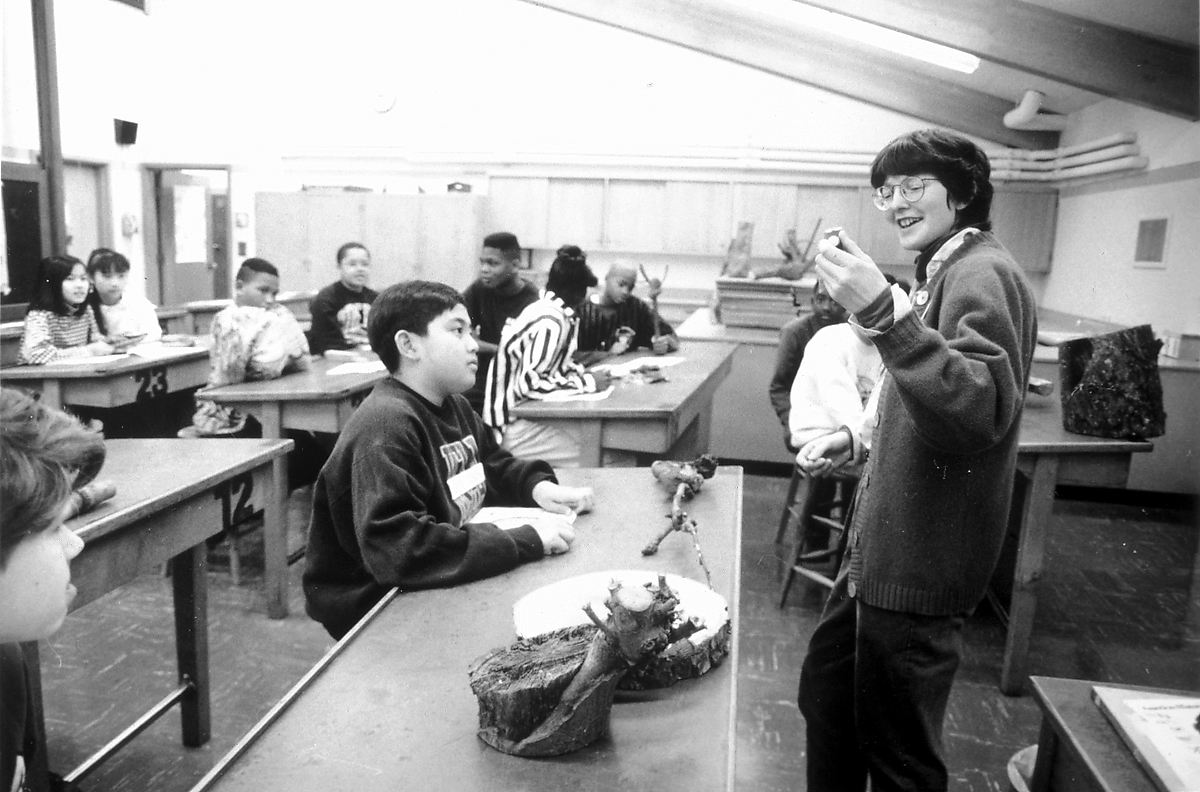
Straight As Dont Make It Ok to Use Drugs
Written by Wendy Riddle, Posted on , in Section Teens & Tweens
Sometimes it's a little too easy for adults to start grouping kids into categories that are a little too simplistic to have any real world value. Sure, there are good kids, and there are bad kids, but the world is often painted in shades of gray. There's plenty of teenagers who do bad things, things that they shouldn't do, but they're not 'bad people'. Likewise, there are plenty of good teens who do things that they're not supposed to. This binary way of thinking can sometimes cause parents to lose sight of important details when it comes to their children.
Many parents make the mistake of conflating their teenager's grades with a bigger meaning than they may deserve. After all, aren't grades the surest sign of problems with adolescents? Sure, in many cases, grades are one of the main indicators about what's going on with a kid. But they're not the only thing that means something.
Believe it or not, plenty of kids who do well in school are using drugs. And just because they're doing well in school doesn't make that OK. Teenage drug use is a serious issue that can easily lead to an out of control downward spiral. It's important to understand the reasons that kids are using drugs. It's never just to have fun, relax or because their friends are doing it. Humans seek drugs in order to get rid of some other feeling, to patch over some inner pain or to forget something hurtful, in addition to many other reasons.
The Surprising Results of A Study Are a Concern for Parents of Smart Teens
A recent study reported in the Journal of Epidemiology and Community Health shows that young people with high IQ's may actually be more likely to use illegal drugs such as marijuana and cocaine. Of course, the finding seems counterintuitive, but the evidence supports it.
This should be a cause of concern for parents. Drug use requires urgent attention, and often may require professional treatment. When parents don't see any obvious signs that their kid is making poor choices, they can wind up missing it until it becomes a bigger problem.
Always try to stay close with your kids and make yourself available for open and candid conversations. Try to make sure that your teen doesn't find him or herself in situations that could lead to anguish or trauma, and always try to be sure that your child is not involved in any kind of abuse. Remember that mental health issues are one of the primary drivers of substance abuse, and know the signs to look for to see if your teen might be suffering. It's also important to recognize the role family history, and your own personal use or abuse might play in determining your teen's positions on drug use.
Take comfort in this: families that eat dinner together are likely to be healthier overall, which means a lower likelihood of drug use and for the risk factors that often contribute to teen drug use.
